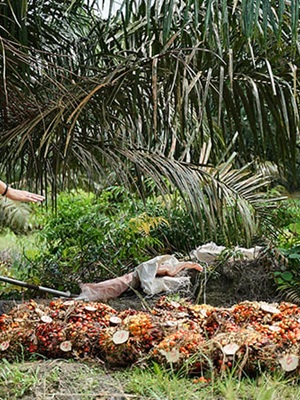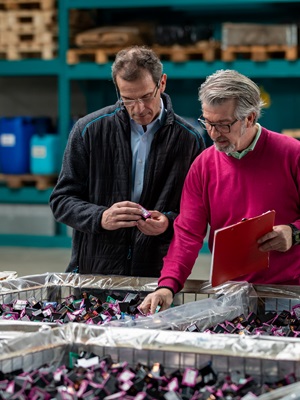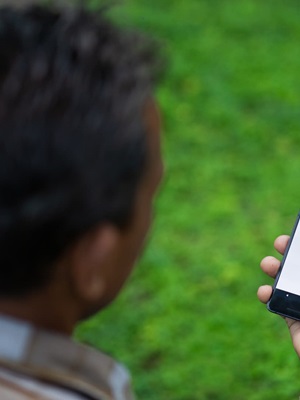Brown bag sessions, often referred to as "lunch and learn" meetings, are informal gatherings where employees bring their own meals, typically in reusable containers or brown paper bags, to discuss various topics in a relaxed environment. These sessions are cost-effective, encourage open dialogue, and provide a platform for knowledge sharing and team bonding. When focused on sustainable practices, brown bag sessions can inspire employees to adopt environmentally conscious behaviors, align organizational goals with sustainability, and contribute to a greener future. This article explores how brown bag sessions can be leveraged to promote sustainable practices in the workplace, offering practical strategies and real-world examples.
The Role of Brown Bag Sessions
Brown bag sessions come in various forms, including seminars with guest speakers, small group discussions, hybrid formats combining presentations and interaction, and social gatherings for team bonding. Their informal nature makes them ideal for engaging employees on topics like sustainability without the rigidity of formal meetings. By hosting these sessions during lunch hours, organizations can maximize participation while fostering a culture of learning and collaboration.
Benefits of Brown Bag Sessions for Sustainability
Education and Awareness: Sessions can educate employees on critical sustainability topics, such as reducing single-use plastics, energy conservation, or sustainable procurement. For instance, discussing the environmental impact of plastic waste can encourage employees to switch to reusable alternatives like cloth bags or metal containers.
Idea Sharing: These sessions provide a platform for employees to share practical ideas, such as composting programs or carpooling initiatives, fostering a sense of ownership in sustainability efforts.
Behavioral Change: By highlighting actionable steps, like using eco-friendly packaging or reducing energy consumption, brown bag sessions can drive long-term changes in employee behavior.
Alignment with Goals: Sessions can align workplace practices with broader sustainability goals, such as the United Nations Sustainable Development Goals (SDGs), particularly SDG 12 (Responsible Consumption and Production).
Strategies for Integrating Sustainability into Brown Bag Sessions
To maximize impact, organizations can adopt the following strategies when designing brown bag sessions focused on sustainable practices:
1. Choose Relevant Topics
Select topics that resonate with employees and align with organizational goals. Examples include:
Reducing Single-Use Plastics: Discuss alternatives like brown paper bags, reusable containers, or biodegradable packaging.
Energy Efficiency: Share tips on reducing energy use in the office, such as turning off lights and using energy-efficient devices.
Sustainable Commuting: Explore carpooling, biking, or public transportation options to reduce carbon footprints.
Waste Management: Introduce recycling or composting programs and explain their environmental benefits.
2. Invite Experts or Guest Speakers
Invite sustainability experts, environmentalists, or local organizations to lead sessions. For example, a guest speaker from a local recycling initiative could explain how proper waste sorting reduces landfill contributions. These experts can provide credible insights and inspire action.
3. Encourage Interactive Formats
Use small group discussions or workshops to engage participants. For instance, a session could involve a hands-on activity where employees create their own reusable tote bags or learn to make eco-friendly cleaning products. Interactive formats make learning memorable and actionable.
4. Promote Eco-Friendly Practices During Sessions
Lead by example by incorporating sustainable practices into the sessions themselves:
Encourage Reusable Containers: Ask participants to bring meals in reusable containers instead of disposable packaging.
Go Paperless: Share resources digitally via email or a shared drive instead of printing handouts.
Use Sustainable Materials: If materials are needed, opt for recycled paper or biodegradable items, like brown paper bags for activities.
5. Tie to Organizational Initiatives
Connect the session content to existing sustainability initiatives within the organization. For example, if the company has a "zero-waste" goal, a brown bag session could focus on strategies to achieve it, such as reducing food waste or implementing a recycling program.
Real-World Examples
Several organizations have successfully used brown bag sessions to promote sustainability:
Xavier University: The university hosted a brown bag session to strengthen its "No to Plastics" initiative. The session discussed policies to reduce single-use plastics on campus, aligning with SDG 12. Employees and students shared ideas for using biodegradable alternatives, such as brown paper bags and reusable water bottles.
Corporate Sustainability Programs: Companies like Google and Patagonia use brown bag sessions to educate employees on their sustainability goals, such as achieving carbon neutrality or reducing water usage. These sessions often include employee-led discussions to brainstorm innovative solutions.
Community Organizations: Nonprofits like the Environmental Defense Fund host brown bag sessions to engage staff in discussions about renewable energy or sustainable agriculture, encouraging volunteers to adopt eco-friendly practices in their daily lives.
Measuring Impact
To ensure brown bag sessions drive meaningful change, organizations can:
Survey Participants: Collect feedback to gauge interest and identify topics for future sessions.
Track Behavioral Changes: Monitor metrics like reduced plastic use or increased recycling rates in the workplace.
Set Goals: Establish measurable sustainability goals, such as reducing office waste by 20% within six months, and use sessions to track progress.
Conclusion
Brown bag sessions offer a unique opportunity to foster sustainable practices in the workplace. By combining education, interaction, and actionable strategies, these informal gatherings can inspire employees to embrace environmentally conscious behaviors and contribute to organizational sustainability goals. Whether discussing reusable packaging, energy efficiency, or waste reduction, brown bag sessions can transform workplaces into hubs of sustainability, one lunch at a time.
Posted 20/07/2025

















